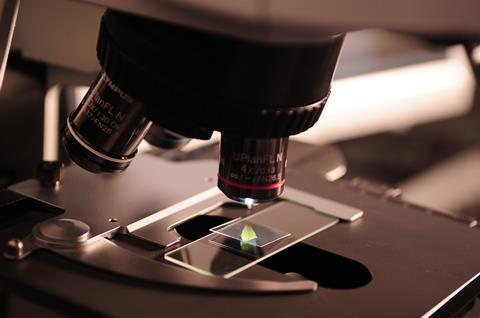Under EU proposals, plants that contain genetic material that could occur naturally or via traditional breeding will be subject to simpler and less onerous regulations

The House of Commons’ European Scrutiny Committee has called for the government to provide more information on recent EU proposals on gene-edited crops.
The European Commission has proposed establishing new regulations for plants that are developed through new genomic techniques (NGTs) such as gene-editing.
Under the EU proposals, plants that contain genetic material from the same or a ‘crossable’ plant – that could occur naturally or via traditional breeding – will be subject to simpler and less onerous regulations than was previously the case.
Those plants that contain genetic material from uncrossable plants will continue to be covered by previous EU legislation.
The EU’s existing regulations for genetically modified organisms (GMOs) were established in 2001. But a variety of NGTs have been developed in the following years and are not currently covered by these regulations.
A 2021 European Commission study into the issue found that the current rules meant EU members were “significantly lagging” behind competitors on NGTs.
UK farming minister Mark Spencer said England was “ahead of the EU” on this issue, adding that the EU’s proposals were similar to those set out in the Precision Breeding Act, passed in March 2023.
The Precision Breeding Act does not apply in Scotland or Wales, which had previously chosen to align closer to the EU’s original position. The minister said neither country currently had plans to amend its own approach to regulating gene-edited crops, but said the UK government would continue to engage with devolved governments on the issue.
Spencer acknowledged, however, that the EU understanding of what plants should be considered equivalent to those bred traditionally might differ from the UK’s.
Sir William Cash, chair of the European Scrutiny Committee, has written to the minister, pressing for more information on the issue. He wrote that understanding the difference would be critical to understanding what products an English producer could market in Northern Ireland, compared to a Northern Ireland producer in the same market.



